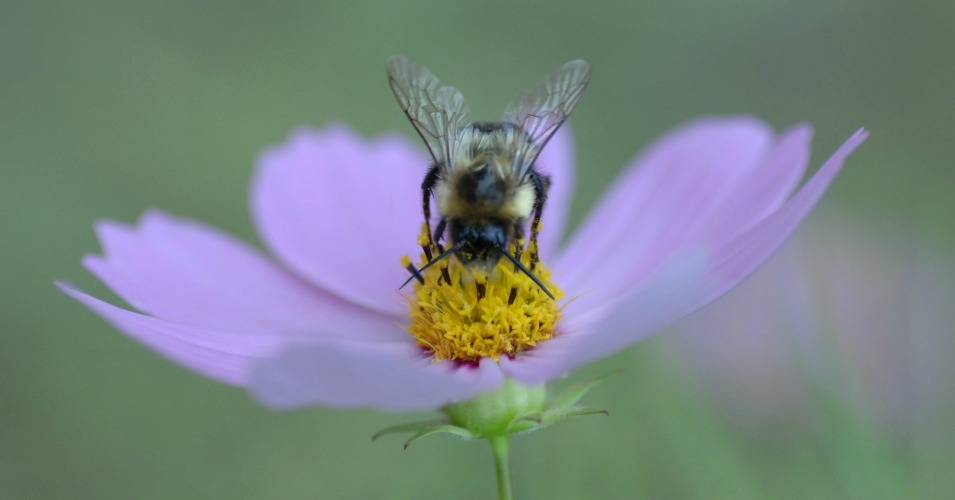Beekeepers in the Canadian province of Ontario have launched a class action lawsuit against makers of a class of pesticides linked to the decline of bees.
The claim (pdf) filed Tuesday in the Ontario Superior Court of Justice seeks $450 million in damages going back to 2006 for the “chronic effects of the use of the Neonicotinoids […] felt by Canada’s Beekeepers annually.”
The effort targets agribusiness giants Bayer and Syngenta, whom the claims states were “negligent in permitting or failing to prevent the damages caused by the Neonicotinoids to the Beekeepers.”
The claim, led by two Ontario-based honey producers and filed by Siskinds LLP, charges that agribusiness giants Bayer and Syngenta’s “continued production, marketing and sale of the Neonicotinoids” poses “ongoing” damage. “Beekeepers have suffered, and will continue to suffer, devastating economic hardships as a result of the continued use of Neonicotinoids,” it states.
The damages they say are caused by these pesticides, also known as neonics, include: bee deaths; impaired reproduction; immune suppression; behavioral abnormalities resulting in hive loss ; reduced honey production; impacts on the quality of honey; contamination of hive equipment; loss of Queen Bees; breeding stock; and difficulties fulfilling honey product or pollination contracts.
John Bennett, National Program Director of the Sierra Club Canada Foundation, called the launch of the lawsuit “historic news,” and explained the lead-up to the suit:
So far we have looked to government and the Pest Management Regulatory Agency to enforce the law, but once I sat down with the head of the Agency and key staff in June it became clear to me that the PMRA is infused with inertia and has no sense of urgency.
So I introduced the beekeepers to Siskinds LLP, an Ontario law firm that specializes in class action law suits. It was time to get serious and go after the real villains — the companies profiting from the ecological mayhem.
The Ontario Beekeepers’ Association (OBA), which is not directly involved in the suit, welcomed to effort. “This Action puts the blame where it belongs — on the pesticide manufacturers,” the organization’s Vice President, Tibor Szabo, said in statement.
The Canadian Association of Professional Apiculturists (CAPA) reported that Ontario’s average level of wintering loss of honey bee colonies over the past winter was 58 percent, far higher than the 15 percent winter loss beekeepers in the country consider an acceptable level.
CAPA’s latest annual colony loss report (pdf) adds: “There are concerns amongst some beekeepers, particularly in Ontario and Quebec, that exposure to neonicotinoid insecticides during the spring and summer may lead to increased stress to colonies contributing to winter loss.”
The U.S.-based environmental group Beyond Pesticides stated Thursday that the class action suit “demonstrates the desperation of beekeepers everywhere.” The group writes:
While many causes of these honey bee declines have been cited, including a combination of pesticides, parasitic mites, viruses, cold winters, decreased foraging habitat, and the stresses placed on colonies when they are moved among farms, scientists and bee experts agree that neonicotinoids significantly contribute to bee deaths both directly through contact exposure and indirectly through weakening the bees and making them more vulnerable to pathogens and other stressors.
Neonicotinoids, like imidacloprid, clothianidin, and thiamethoxam, have already been given two-year moratorium in the European Union (EU). Despite calls for similar action from beekeepers and environmentalists, Canadian officials, and their counterparts in the U.S., have refused to follow suit. And although some success in the form of local ordinances has occurred in both the United Statesand Ontario, Canada as well as policy shifts within some U.S. federal agencies, the Canadian beekeeper lawsuit demonstrates the desperation of beekeepers everywhere seeking relief on a broader scale.



